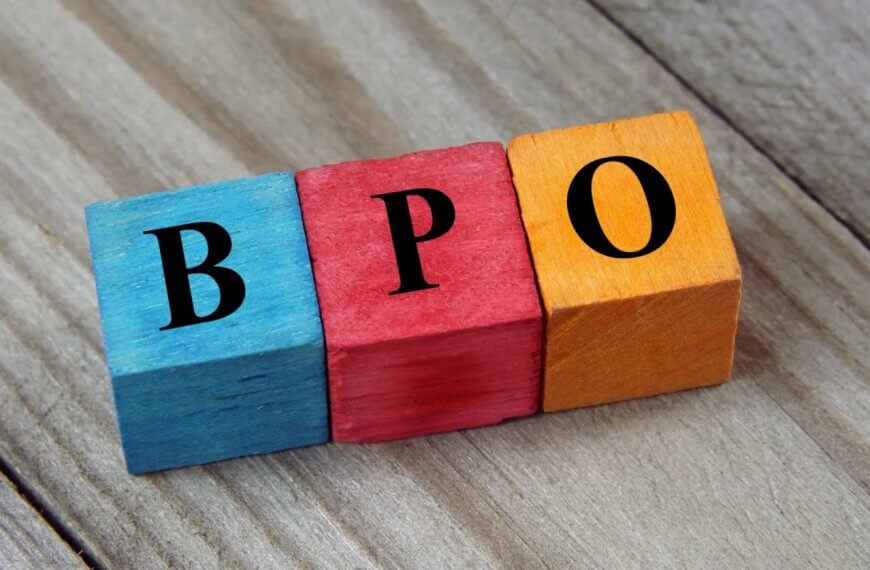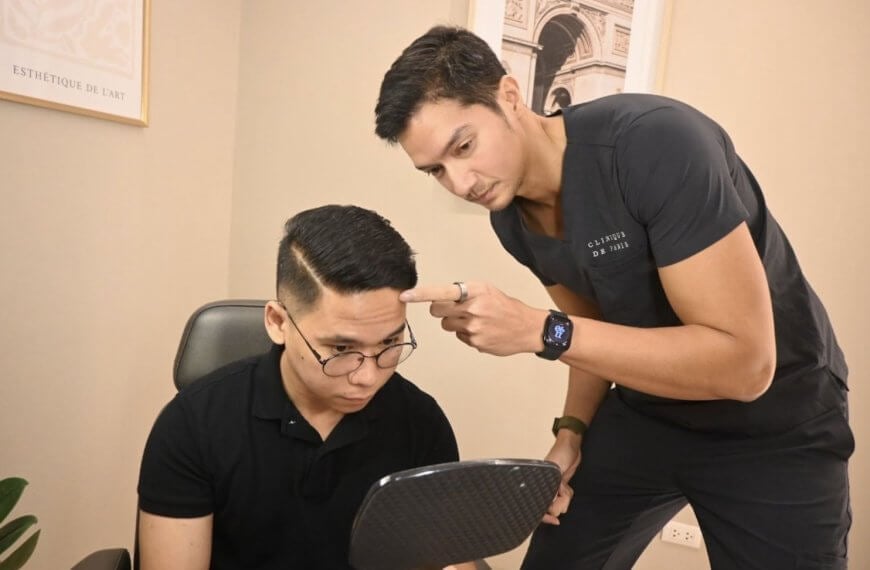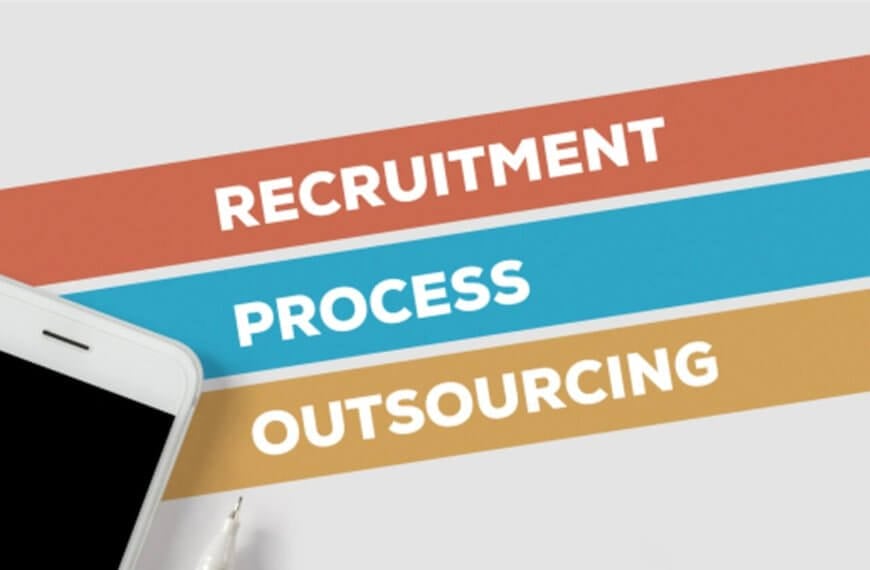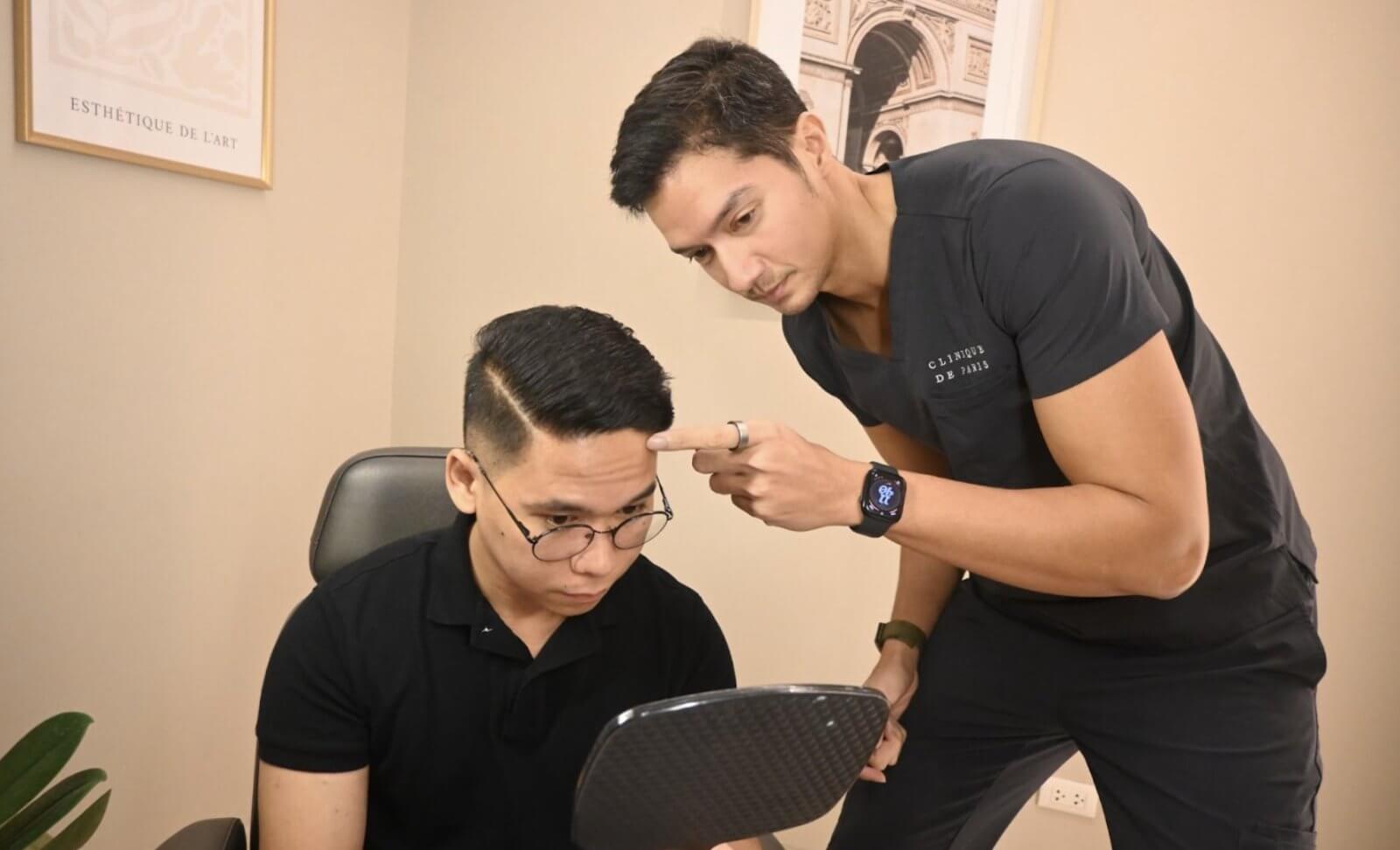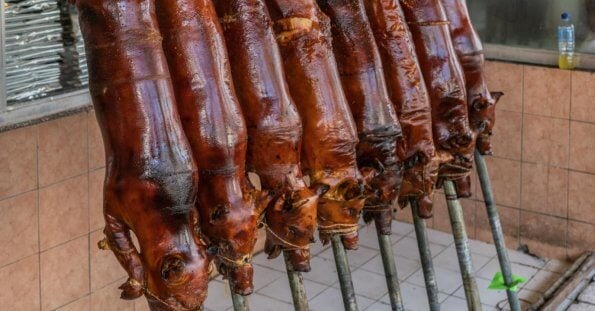by Katrina De Guzman
College can be an extremely challenging experience. For student-athletes, it means trying to juggle academics, health, and some form of social life with training and competitions. Some collegiate athletes even reported spending 30-40 or more hours a week on training (Jacobs, 2015). With this in mind, I ultimately found out that some habits and practices were more helpful than others in budgeting my time and energy.
Set priorities and goals
Institutions have recently been recognizing the importance of elite athletes pursuing a dual-career, allowing them to simultaneously pursue their sport and higher education to secure their future after retirement (DC4AC Project, 2017). While there aren’t any local programs for this, it’s vital to highlight the value of investing in the choice to have a future beyond sports. Considering this, it’s best to choose a course that’s applicable to multiple careers if you are aiming to pursue your sport professionally.

Admittedly, I wasn’t training to become a professional athlete. I knew that I wanted to pursue a completely different career. Despite loving the sport, I had to be realistic and eventually stopped training in the latter part of my final year to focus on my thesis. However, regardless of future plans, setting concrete short-term and long-term goals can help you structure and realize your priorities. Although I knew I’d have to stop competing at some point, I gave all the time and effort I could afford to give. What you aim to achieve requires consistent time and focus, so it’s important to build the habit of spending more hours of your day or week towards this goal. Consequentially, you have to minimize the time for things that don’t fit your goals.
Personally, keeping up with my academic work was extremely challenging. I wasn’t naturally ‘gifted’ and relied mostly on hard work, so at some point I learned that I couldn’t do everything and be everywhere. I couldn’t be an active member of all the organizations I wanted to be in and I especially couldn’t be there for every hang-out or party. Unless you’re an absolute genius with impeccable time management skills, say goodbye to most school events and especially college parties where binge-drinking is involved. According to O’Brien & Lyons (2000), alcohol consumption a day before athletic activity can negatively affect performance and double the risk of injury (as cited in Yusko et.al., 2008). Granted that I’ve never done this, I realized alcohol was particularly bad for me as my performance was comprised of the times I drank more often. Regardless, I think if you love something enough, some sacrifices become worth it no matter the outcome.
Prepare for a busy schedule

Once you’ve set your goals, consider making life a little easier by customizing your academic load and balancing your harder subjects with less demanding ones if your school allows. However, you may still be attending around 6 hours of class and training 6-8 hours a day. Being a student-athlete was a full-time commitment, so I made sure to have a copy of my schedule on hand and note important days and deadlines with a planner or phone calendar. Aside from this, survive daily life and keep water and snacks (boiled eggs and bananas were my favorites) with you at all times. If it helps, have extra clothes and toiletries as well in case you need to freshen up immediately. Even though I always looked like I was about to run away from home with how large my bags were, I much preferred running to class with showered hair than with a sweaty scalp.
Meeting deadlines isn’t something you have to learn the hard way. Break down your tasks, set earlier deadlines, and take the initiative of asking your prof how you can compensate for missed days (ex. when you an upcoming competition). In case of group works, immediately tell them when you can contribute so they don’t stress out. You can also stay productive in-between classes by downloading pdfs and installing apps on your phone like Google Docs or Drive. I particularly liked the Google apps since my work was always saved automatically, and I could access it through any device that I had with me. Moreover, try to stay on top of your studies especially during your off-season to give yourself as much wiggle room as you can in case you can’t perform as well later. From my experience, taking summer classes really helped me lighten my academic load.
Still, you can’t help but cram sometimes when its finals week and everything is due the same day. It’s well-known that multi-tasking can be less productive since attention is divided (USC, 2019). However, according to Adler et.al. (2015), having an external reminder to switch tasks can be helpful such as using sticky notes and setting alarms to allot time for individual tasks. Switching too often from too many tasks may not be efficient, though (Adler and Fich, 2012).
Actually take a break
Rest is particularly crucial as an athlete for staying conditioned. Yet, having multiple weighty commitments can be a lot to handle especially if you also have a part-time job and/or have difficulty commuting. Mah et.al. (2018) notes that collegiate athletes have shown to frequently experience poor sleep quality, insufficient sleep, and daytime sleepiness. I slept through discussions countless times, which was annoying when I missed important parts. At times, I had no choice but to grit my teeth, rely on caffeine, and ask for notes from my classmates. Additionally, mental and psychological stressors contribute to a student-athlete’s burnout. Eccles and Kazmier (2019) highlighted that wakeful resting is also important, where you take a mental break. With all the things I had to do, my mind was always running someplace else. I was this busy because of training, yet ironically, I also took that time to stop thinking about school and other things I had to deal with.

As you may already know, health is beyond diet and exercise. Sometimes I had to stop, breathe, call it a day, and just do my best tomorrow. Your 100% effort yesterday may not look the same way today.
As with most internet advice, it’s easier said than done. Low points can’t be avoided, so be patient with yourself and explore what works for you. Most college students become overwhelmed at some point, so take it easy because rest is non-negotiable. I obviously wasn’t the prime student-athlete example. I failed some classes and wasn’t even the best at my sport, but I tried anyway. I often overestimated what I thought I could handle, beat myself up, and isolated myself the more I became depressed. So I guess do everything I didn’t–take mental health seriously, ask help from your friends and seniors, don’t rely on coffee, and just take care of yourself in general.
Citations and References
Adler, R. F., & Benbunan-Fich, R. (2012). Juggling on a high wire: Multitasking effects on performance. International Journal of Human-Computer Studies, 70(2), 156–168. doi:10.1016/j.ijhcs.2011.10.003
Adler, R. F., Adepu, S., Bestha, A., & Gutstein, Y. (2015). Remind Me: Minimizing Negative Effects of Multitasking. Procedia Manufacturing, 3, 5459–5466. doi:10.1016/j.promfg.2015.07.680
DC4AC Project. (2017). Handbook of Best Practices in Dual Career of Athletes in countries implicated in the DC4AC project. Retrieved from http://dc4ac.eu/Final%20Handbook%20of%20Best%20practices.pdf
Eccles, D. W., & Kazmier, A. W. (2019). The psychology of rest in athletes: An empirical study and initial model. Psychology of Sport and Exercise, 44, 90–98. doi:10.1016/j.psychsport.2019.05.007
Egan, K. P. (2019). Supporting Mental Health and Well-being Among Student-Athletes. Clinics in Sports Medicine. doi:10.1016/j.csm.2019.05.003
Jacobs, P. (2015). Here’s The Insane Amount Of Time Student-Athletes Spend On Practice. https://www.businessinsider.com/college-student-athletes-spend-40-hours-a-week-practicing-2015-1
Mah, C. D., Kezirian, E. J., Marcello, B. M., & Dement, W. C. (2018). Poor sleep quality and insufficient sleep of a collegiate student-athlete population. Sleep Health, 4(3), 251–257. doi:10.1016/j.sleh.2018.02.005
USC. (2019). To Multitask or Not to Multitask. Retrieved 26 November 2019, from https://appliedpsychologydegree.usc.edu/blog/to-multitask-or-not-to-multitask/
Yusko, D. A., Buckman, J. F., White, H. R., & Pandina, R. J. (2008). Risk for excessive alcohol use and drinking-related problems in college student athletes. Addictive Behaviors, 33(12), 1546–1556. doi:10.1016/j.addbeh.2008.07.010



